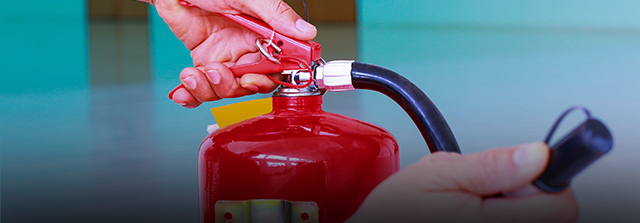How can we help?
Frequently asked questions
Questions? We have the answers.
Prevention and Protection
Get ready and know the protocols to deal with unexpected events.
Glossary
Clarify your doubts and understand the insurance terminology.

Headquarters (787) 749-4600
Call Center (787) 781-7100
We want to share with you the latest information about our programs and activities. Subscribe to our news.
1441 F.D. Roosevelt Ave.
San Juan, P.R. 00936
P.O. Box 363628
San Juan, P.R. 00936-3628

In Puerto Rico, between 20,000 and 14,000 fires happen each year, killing about 20 people and causing property losses estimated at $65 million. Around 80% of structural fires occur in homes, due to short circuits, children playing with matches and unattended kitchen utensils. Given these alarming statistics, we have become aware of the importance of fire prevention. That’s why we guide you on how to prevent and survive a fire in your home.

Starting Monday, February 23, our operations will be located at Triple-S Building #1451 on Roosevelt Avenue in San Juan.
Please note that due to the move, we will be offering remote service on Friday, February 20.
You can contact our staff by calling (787) 749-4600 or manage multiple services in the CONNECT section.